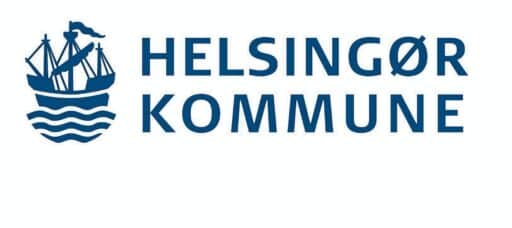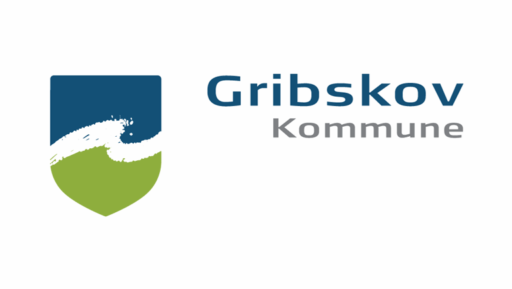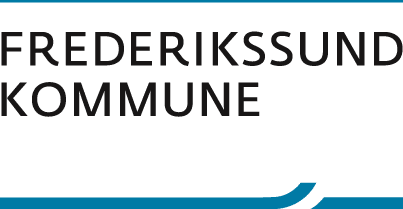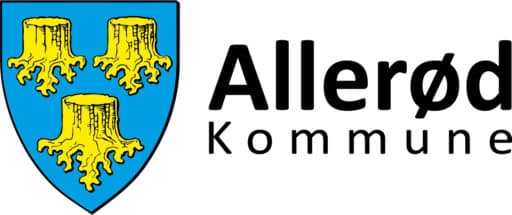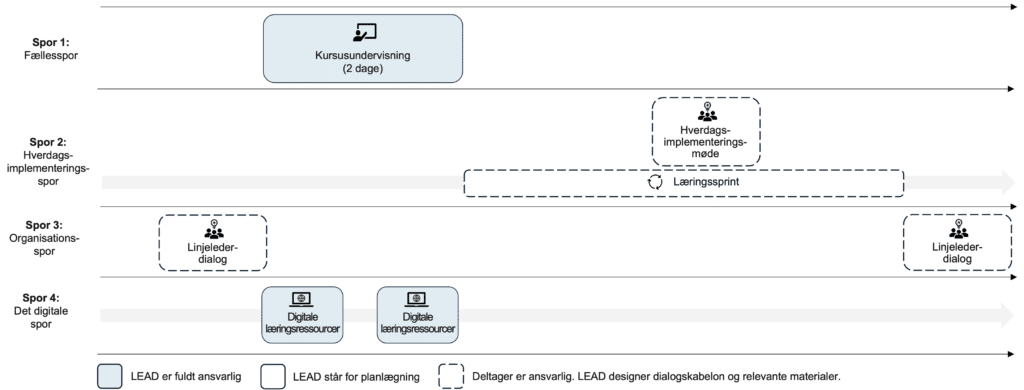Why choose project participation training?
Projects not only require skilled project managers, but also competent project participants. As an active participant in a project team, you inevitably contribute to the success of the project - possibly even more than you realize.
To optimize your contribution as a project participant, the training will give you an overview and insight into the project management craft. The program gives you a practical understanding of what makes projects successful. This gives you a solid foundation for understanding your role and responsibilities as a project participant.
This 2-day training is designed to give you a deeper understanding and insight into the project work method, with a special focus on the communication aspect. The goal is to make you a valued member of the project team and a more proactive sounding board and support for the project manager.
By attending the training, you will increase your ability to contribute constructively to your project manager in the planning and execution phase and ensure that you achieve the desired results in the long term.
Close connection between theory and your everyday life
The program is based on a link between theory and practice.
During the course of the training, you will actively work with specific cases from your own practice. This ensures a greater benefit and that both you and your organization experience a noticeable effect in your daily tasks.
After graduation, you will receive a certificate of completion.

